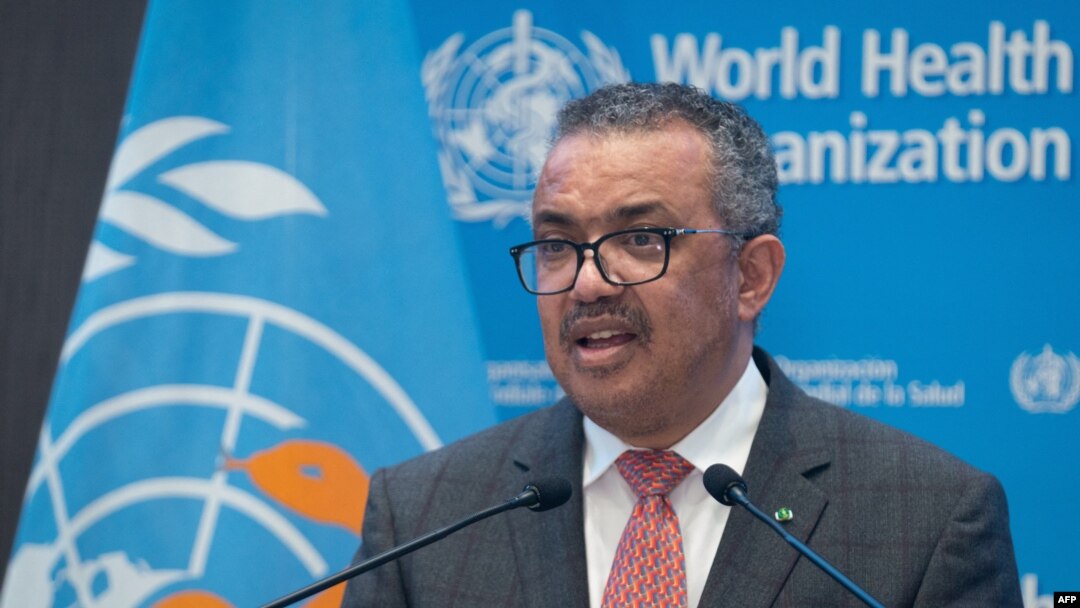
By Adeyemi Adekunle
In a troubling escalation of violence in Syria, clashes between government forces and loyalists of ousted President Bashar Assad have raised alarming health concerns. The head of the World Health Organization (WHO), Tedros Adhanom Ghebreyesus, voiced his apprehension on social media platform X, highlighting that the ongoing conflict has severely impacted public health.
“Health facilities and ambulances have been damaged,” Tedros stated, emphasizing the urgent need for medical assistance as the situation unfolds. The WHO is mobilizing efforts to deliver emergency medicines and trauma supplies to those injured in the violence.
The coastal provinces of Latakia and Tartus have recently experienced a surge in security tensions, fueled by coordinated assaults from Assad loyalists that have been characterized as the most intense since the regime’s collapse in December. These attacks have targeted security patrols, checkpoints, and hospitals, leading to numerous casualties and heightening fears over the safety of healthcare services.
In response to the escalating threat, Syrian security and military forces have initiated extensive operations to apprehend the attackers. However, these measures have resulted in fierce confrontations, with government officials asserting that they are working towards restoring stability in the region.
The political landscape remains fraught with uncertainty, following Assad’s fleeing to Russia in December—signifying the end of a 25-year regime under the Baath Party, which had ruled the country since 1963. Ahmad al-Sharaa, who rallied anti-regime forces against Assad, was appointed as the transitional president on January 29, ushering in a new era of leadership amid chaos.
As clashes continue and health resources dwindle, the WHO’s call to all parties involved to “respect and safeguard health services” underscores the urgent imperative to prioritize medical aid for those caught in the crossfire. The ongoing violence threatens not only lives but also the fragile healthcare system that must support a nation grappling with the aftermath of a protracted conflict.



